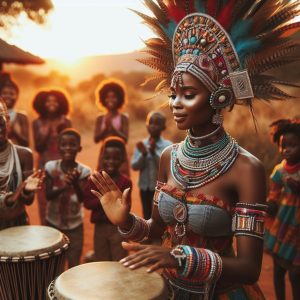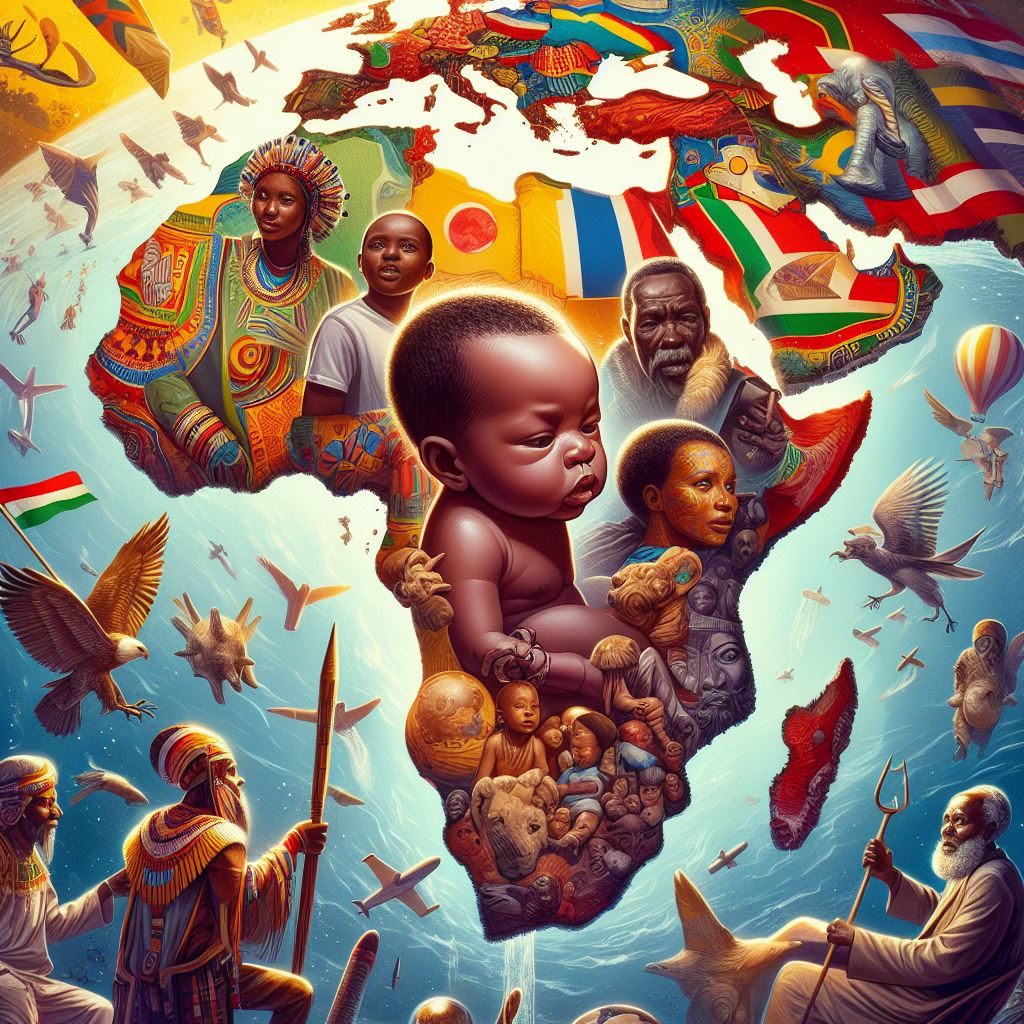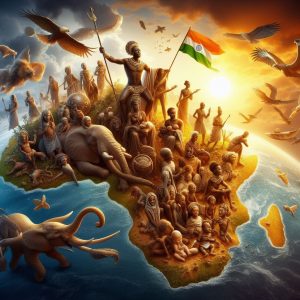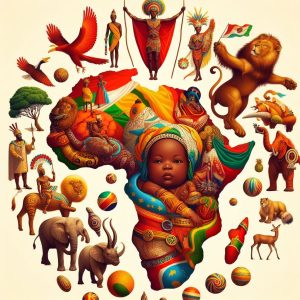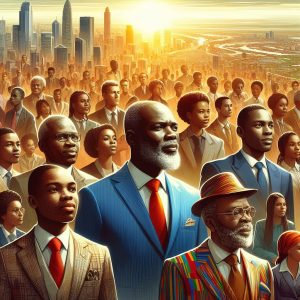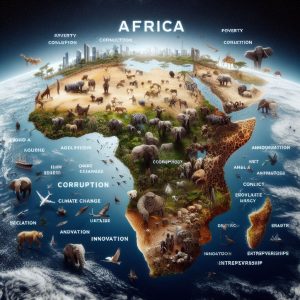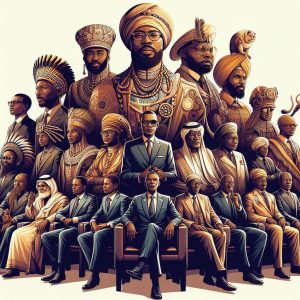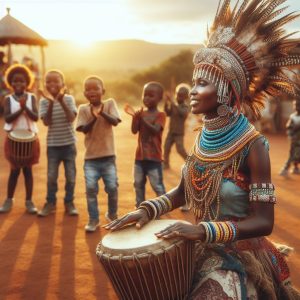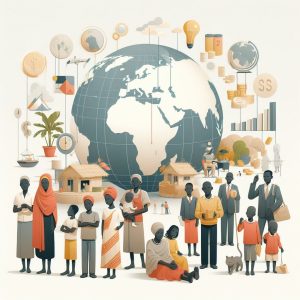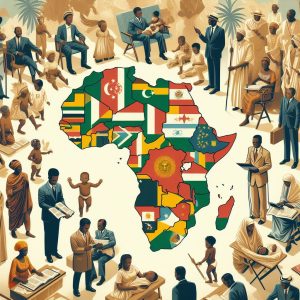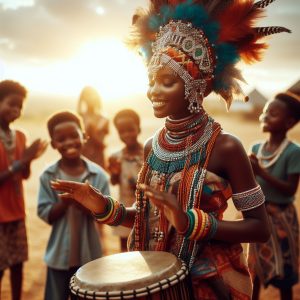African Countries: The Birth of Nations Across the Continent
The winds of change blew across African countries starting in the 1950s, as decades of colonial rule crumbled in the face of concentrated resistance. One by one, from Morocco to South Africa, African nations seized their freedom. Ghana became the first sub-Saharan African country to gain independence post-WWII in 1957.
Over the next decade, nearly three dozen countries wrested control from European powers peacefully or through bloody conflict. By 1968, most French colonies had gained sovereignty. Portugal’s iron grip lasted longer, but wars of liberation in the 1970s finally toppled its regimes. The white-minority governments of southern Africa held power even tighter until the 1980s and 90s when global pressure and internal strife forced transitions to majority rule.
The timeline varies, but between the 1950s and 1990s, faction by faction, African peoples and nations reclaimed power after decades under foreign rule. New indigenous governments faced mighty challenges as well as jubilation when they finally planted their flags as independent states.
African countries gaining independence
- Africa is the second largest continent in the world, covering about one-fifth of the total land surface of Earth.
- Africa has 54 sovereign countries, the most of any continent, and is the second most populous continent after Asia.
- Africa is the cradle of human civilization, as the oldest fossils of modern humans and their ancestors have been found there.
- Africa has a rich and diverse cultural heritage, influenced by various factors such as geography, history, religion, language, and ethnicity.
- Africa has witnessed many political and social transformations, from ancient kingdoms and empires to colonialism and slavery, to independence movements and civil wars, to contemporary challenges and opportunities.
- Africa is home to many natural wonders, such as the Sahara desert, the Nile River, Victoria Falls, the Serengeti plains, and Mount Kilimanjaro.
Key Statistics:
- Number of African countries that gained independence by decade:
- 1950s: 10 countries
- 1960s: 30 countries
- 1970s: 7 countries
- 1980s: 7 countries
- 1990s: 3 countries
- Last African country to gain independence: Eritrea in 1993
Influential Leaders & Groups:
- Kwame Nkrumah – instrumental in Gold Coast/Ghana’s independence and a father of Pan-Africanism
- Jomo Kenyatta – the first president of an independent Kenya
- FLN – Algerian nationalist movement that fought for independence from France
- FRELIMO – Mozambican liberation group that battled Portuguese colonial rule
- Tedros Adhanom Ghebreyesus, Director-General of the World Health Organization.
- Ngozi Okonjo-Iweala, Director-General of the World Trade Organization
- Malangu Kabedi Mbuyi, the Governor of the Central Bank of Congo.
Notable Independence Movements:
- Algeria’s bloody 8-year war for independence from France
- Peaceful transition in Senegal led by poet Leopold Senghor
- Guinea’s 1958 break from France which inspired other French colonies
- Angola’s carnage-filled struggle against Portugal featuring rival rebel groups
Economic Impacts:
- Initial optimism about development prospects post-independence
- Struggles with corruption, inequality, and authoritarianism hindered growth
- Success stories like Botswana which used diamond wealth judiciously
- Structural challenges negotiating fair terms of trade, investment, and debt relief
Africa stands on the cusp of a new era in 2024
Like dominos toppling, nation after nation is breaking free from colonial rule and forging independent destinies this year. From vibrant metropolises like Lagos and Cape Town to remote villages in the Sahara, sparks of national pride and dreams of sovereignty are igniting. The Lion King’s “Circle of Life” plays as the sun rises on these newly empowered lands.
The reasons behind this surge of independence are complex, but the thirst for self-determination is undeniable. With their fates firmly in their native hands, African countries are poised to unlock their vast potential and talents on the world stage. Let’s explore the origins, challenges, and opportunities of three nations shaking off their shackles in 2024
The Peaceful Pioneers
Senegal and Madagascar Senegal and Madagascar set the peaceful tone for independence movements gathering steam across Africa. Through diplomatic appeals at the U.N. and savvy civil disobedience inspired by Gandhi, their freedom came through ballots rather than bullets.
“We prefer poverty in liberty to riches in slavery,” declared Senegalese President Leopold Senghor on Independence Day. This spirit epitomizes his nation’s nonviolent path to self-rule.
Madagascar similarly won autonomy through peaceful negotiations with France, their former colonial overseer. President Philibert Tsiranana astutely steered cooperation with France while consolidating his authority at home.
The Era of the Strongmen
Zimbabwe and Angola In contrast with the peaceful pioneers, some independence leaders took a more confrontational path. Guerilla warfare and Bush War tactics eventually forced colonial masters in Zimbabwe (formerly Rhodesia) and Angola to capitulate but at a high cost.
Leaders like ZANU’s Robert Mugabe and Angola’s Augustino Neto emerged battle-hardened and isolated on the world stage. Ruling with an iron fist, the early optimism of independence gave way to authoritarian rule and human rights violations. Their defiant, go-it-alone stances also crippled economic growth.
Diamonds in the Rough
Botswana and Mauritius Against the odds, the small, resource-poor nations of Botswana and Mauritius stand out as beacons of stability and democracy in Africa. They’ve prospered by wisely managing their assets and strategically balancing ties to the West and regional alliances.
“We need to recognize that we are a member of the family of African nations…and must play our full part,” said Botswana’s first president Seretse Khama. This cooperative spirit and leadership have made it one of Africa’s fastest-growing economies.
Similarly, Mauritius built vital economic and security partnerships that enabled it to thrive. Dubbed the “African tiger”, its GDP per capita exceeds many European countries.
The Future is Bright Amidst the turmoil of African independence, seeds of hope persist – Sundance’s blockbuster documentary “The Birth of African Nations” chronicles triumphs and tribulations alike. Boundless potential remains untapped if unity and democratic values gain ground. Madagascar’s President Tsirinana summed up the prevailing mood:
“We are free to shape our destiny according to our will.”
Frequently asked questions
- What African country was the first to gain independence post-WWII?
Ghana gained independence from Britain in 1957, becoming the first sub-Saharan African country to achieve sovereignty after World War II. Their independence ushered in a wave of nationalism across the continent.
- How did African countries eventually gain independence from European colonizers?
The drive for self-determination grew throughout the 20th century via diplomatic appeals and nonviolent protests led by iconic African leaders. Unfortunately, bloody conflicts also marked liberation fronts clashing fiercely against repressive Portuguese, French, and minority white rule. International pressure on colonizers swelled by the 1960s.
- What European country held onto African colonies the longest?
Portugal retained control of Angola, Mozambique, and Guinea-Bissau far longer than its European counterparts until leftist military coups toppled its fascist regime in 1974, ushering rapid transition to independence for its African territories.
- Which African independence leader helped inspire Nelson Mandela?
Kwame Nkrumah led Ghana to achieve statehood from Britain in the late 1950s without warfare. His political writings and Pan-African ideals deeply influenced Mandela’s anti-apartheid activism in South Africa decades later.
- How did African economies fare after colonial rule ended?
Post-independence optimism soured amidst chronic corruption, inequality, and conflict in many African countries. Yet prudent management of assets boosted success stories like Botswana. Despite lingering systemic hurdles, Sub-Saharan Africa’s GDP and demographics are surging today with increased self-determination.
References:
- Wikipedia. “African independence movements.” https://en.wikipedia.org/wiki/African_independence_movements
This Wikipedia article provides an overview of independence movements across Africa in the 20th century. It discusses factors fueling anti-colonial nationalism, key events and figures in liberation struggles, challenges faced by newly sovereign states, and differences based on colonizing power.
- Emerson, Rupert. “Pan Africanism.” International Organization, vol. 16, no. 2, 1962, pp. 275–290. JSTOR, https://www.jstor.org/stable/2704934.
Emerson analyzes the ideology of Pan-Africanism which played a pivotal role in galvanizing independence movements and leaders like Nkrumah. The paper assesses the limitations of ethnic national identities and makes an early case for Pan-African unity given shared political and economic interests.
- United Nations. “Declaration on the Granting of Independence to Colonial Countries and Peoples.” 14 December 1960. https://www.un.org/en/genocideprevention/documents/atrocity-crimes/Doc.15_declaration%20colonial%201960.pdf
This 1960 UN resolution demanding immediate independence for colonial territories gave crucial international legitimacy to African freedom movements. It asserted self-determination as a human right and condemned colonialism’s barriers to social progress. Passage reflected global pressure on European powers.
